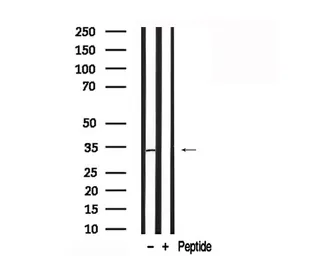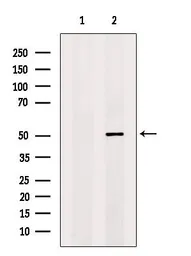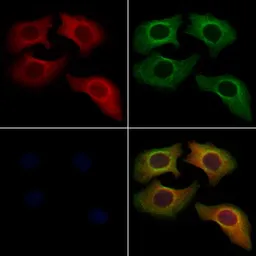Coagulation factor III/Tissue Factor antibody
Cat. No. GTX04323
Cat. No. GTX04323
-
HostRabbit
-
ClonalityPolyclonal
-
IsotypeIgG
-
ApplicationsWB ICC/IF
-
ReactivityHuman


